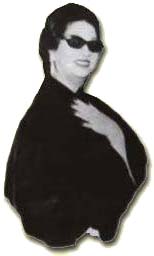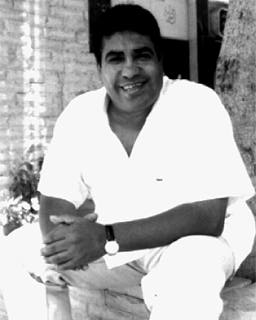 |
Kazem Al Saher
At the age of 10 he learned the guitar and by 12 he was writing qasidas (verses) that his peers couldn't believe a child had composed. He entered Baghdad's prestigious Music Academy, and after graduating began a career as a songwriter for already established singers in Iraq. But his reputation as a singer and songwriter in his own right began to spread. In Lebanon and the Gulf, his renditions of folksongs of south Iraq won an admiring audience. Yet life in Iraq was getting increasingly difficult. During the Iran-Iraq war he spent more and more time out of the country. The 1991 Gulf war marked the end; he moved his family to Canada and spent nearly all his time singing to Arab audiences abroad. With no particular effort on his part, he found himself cast as a singer in exile, though he was returning to Iraq on average once a year. His love songs, his fans would presume, were thinly-veiled paeans to his long-suffering homeland. For him, too, that's what they eventually became. Then in 1994 an Egyptian television chief chanced upon some recordings. He was astounded. "This boy's a genius," he reportedly said. So Saher was ferried in from Tunisia, where he had been an instant hit, to perform on Channel One's "Television Nights." He was introduced as "an Arab singer." A year later, and after a thaw in political relations between Egypt and Iraq, he was "the Iraqi star." Now he is probably the most popular, and certainly the most critically-acclaimed, singer in the Arab world. And he has done more than anyone else to bring the tragedy of Iraq home to the Arab masses.
|


